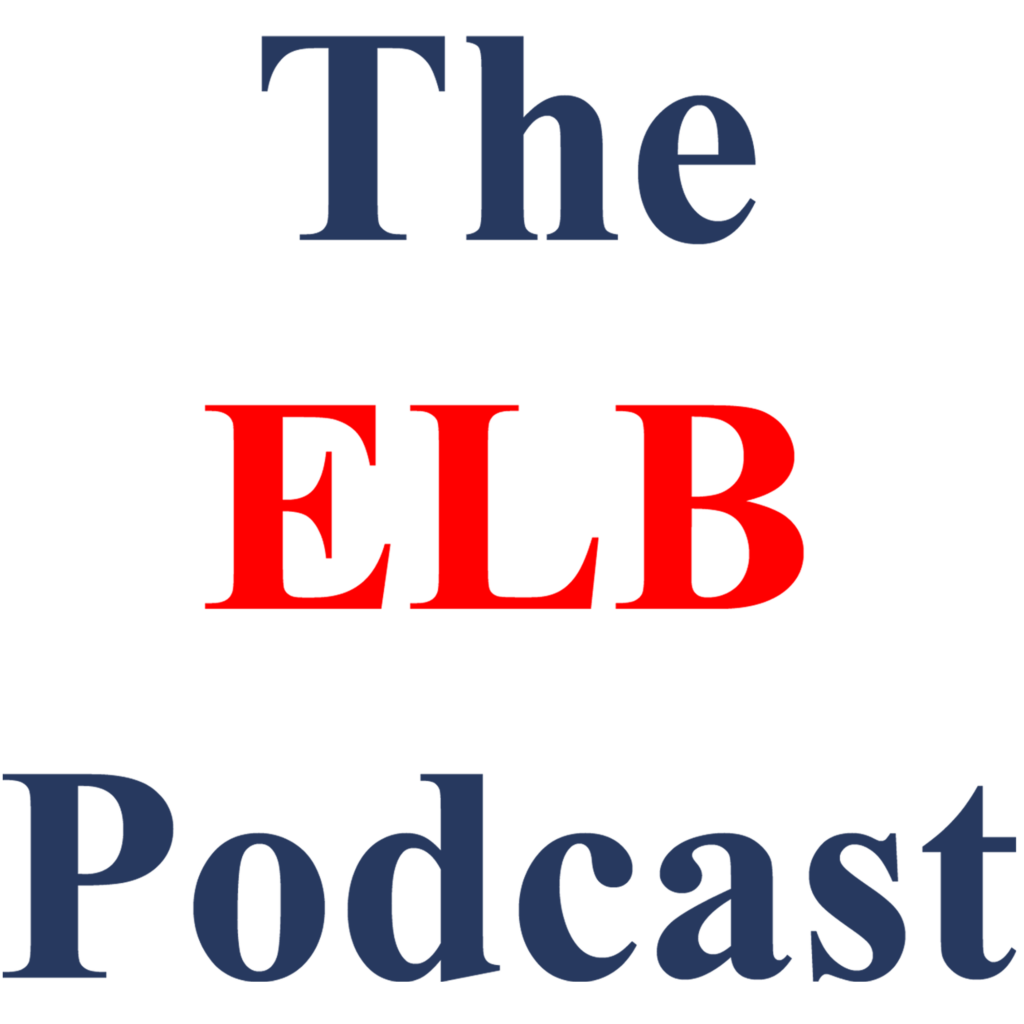Rick Pildes has a characteristically thoughtful post responding to my Slate piece with Matthew Cooke arguing that when the three-judge court assesses whether California voters approved a racial gerrymander, we need to consider the voters’ intent, not the intent of the Legislature (or mapmaker hired by the Legislature) who proposed the maps to voters via Prop. 50. Rick P. argues that my argument would allow a “whitewash,” whereby a legislature acts with an unconstitutional intent that is then cleansed by the voters’ approving it. (Rick does not argue that the Legislature had an unconstitutional intent in California; he’s instead making a general point about whose intent should matter.)
I think Rick P. is incorrect under the Supreme Court’s current doctrine. To begin with, motive or intent is key to the question of whether something is a racial gerrymander. As the Supreme Court indicated in the lead case, Miller v. Johnson:
The plaintiff’s burden is to show, either through circumstantial evidence of a district’s shape and demographics or more direct evidence going to legislative purpose, that race was the predominant factor motivating the legislature’s decision to place a significant number of voters within or without a particular district. To make this showing, a plaintiff must prove that the legislature subordinated traditional race-neutral districting principles, including but not limited to compactness, contiguity, and respect for political subdivisions or communities defined by actual shared interests, to racial considerations. Where these or other race-neutral considerations are the basis for redistricting legislation, and are not subordinated to race, a State can “defeat a claim that a district has been gerrymandered on racial lines.” Shaw, supra, at 647.
(my emphases)
So we are looking at the intent of those who passed the maps, which in the Prop. 50 California case is the voters. In Abbott v. Perez, Justice Alito for the Court majority engaged in what’s been termed “animus laundering” or animus “cleansing” by passing again after court review a map that in the past had been found to have been to have been intentionally discriminatory. I write about that in this Georgetown LJ piece.
Surely if the Legislature can cure its own animus by repassing a map after it had been found to be discriminatory, any improper attempt of the legislature can be “cleansed” through the voters. (I know that the racial gerrymandering claim is not about animus, but about racial predominance. But I would argue the same theory should apply.)
Further in another Justice Alito opinion, Brnovich v. DNC, the Court refused to use a “cat’s paw” theory to infer the full legislature had a racial intent even if a sponsor of a bill had such intent:
The Court of Appeals did not dispute the District Court’s assessment of the sincerity of HB 2023’s proponents. It even agreed that some members of the legislature had a “sincere, though mistaken, non-race-based belief that there had been fraud in third-party ballot collection, and that the problem needed to be addressed.” 948 F. 3d, at 1040. The Court of Appeals nevertheless concluded that the District Court committed clear error by failing to apply a “‘cat’s paw’” theory sometimes used in employment discrimination cases. Id., at 1040–1041. A “cat’s paw” is a “dupe” who is “used by another to accomplish his purposes.” Webster’s New International Dictionary 425 (2d ed. 1934). A plaintiff in a “cat’s paw” case typically seeks to hold the plaintiff ’ employer liable for “the animus of a supervisor who was not charged with making the ultimate [adverse] employment decision.” Staub v. Proctor Hospital, 562 U. S. 411, 415 (2011).
The “cat’s paw” theory has no application to legislative bodies. The theory rests on the agency relationship that exists between an employer and a supervisor, but the legislators who vote to adopt a bill are not the agents of the bill’s sponsor or proponents. Under our form of government, legislators have a duty to exercise their judgment and to represent their constituents. It is insulting to suggest that they are mere dupes or tools
Just like legislators are not dupes or fools, neither are voters. They made the ultimate decision, and as our Slate piece shows, that decision was imbued with partisan intent, with almost no mention, much less predominance of racial motives in the material California courts use to interpret voter intent.
Finally, in a number of cases (many written by Justice Alito) we are told that legislators should be afforded a “presumption of good faith” when they engage in districting, and there should not be a presumption that they had unconstitutional motives or intent to violate the Voting Rights Act. Surely voters, who are not politicians acting in self interest, are entitled to as much a presumption of good faith when they redistrict.
